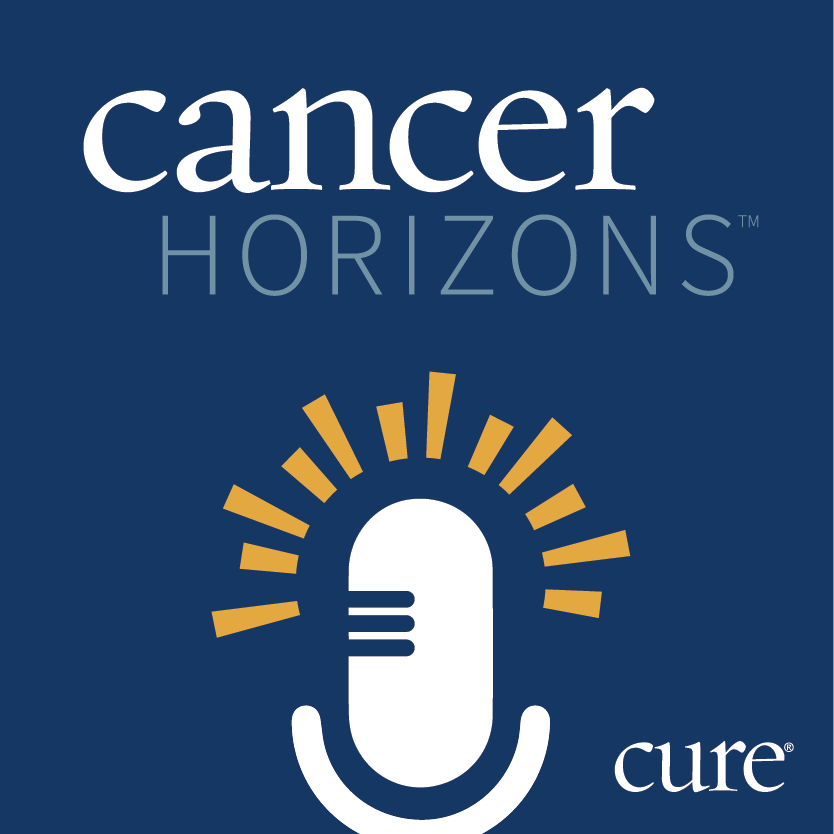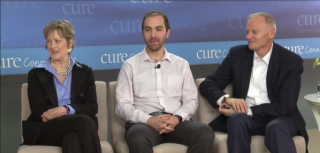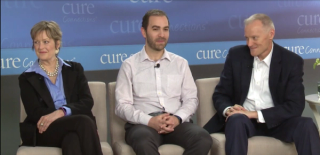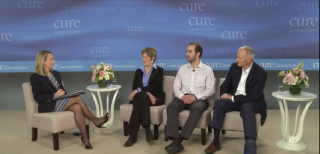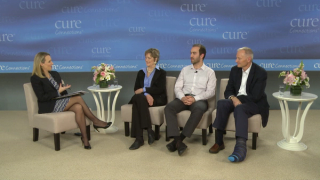
Colorectal Cancer
Latest News

Latest Videos

More News

The use of a ctDNA assay could help determine which patients with colorectal cancer may benefit most from chemotherapy after surgery.

Researchers plan to enroll 60 patients in the first-in-human phase 1 clinical trial to assess the safety and preliminary clinical activity of an anti-CD39 monoclonal antibody to treat advanced solid tumors.
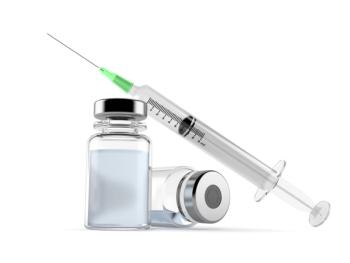
Enrollment has begun for a trial evaluating a vaccine as first-line maintenance treatment for metastatic, microsatellite-stable colorectal cancer.

After not knowing quite what to expect from her first chemotherapy treatment, colorectal cancer survivor Yla Flores describes the pain she felt in her heart after seeing other patients in worse conditions.

From former Boston Red Sox pitcher Jim Corsi’s death after cancer to how “Sweet Valley High” actress Brittany Daniel’s unique experience after cancer caused pregnancy difficulties, here’s what’s happening in the cancer landscape this week.

“It is frequently said that the best screening test is the one patients are willing to complete,” a researcher said. However, some experts note that colonoscopies are the gold standard for detecting and confirming colorectal cancer.

As cancer incidence increases in young adults, understanding the genomic profiles of tumors in young adults may guide treatment options such as immunotherapy.

On this episode of the “Cancer Horizons” podcast, a colorectal cancer survivor explains how she was the last patient to receive a colonoscopy leading to her stage 3 diagnosis as her doctor’s office shut down because of COVID-19 in March 2020.

From the death of Nick Cannon’s five-month-old son due to brain cancer to the late-stage diagnosis of Kansas City reporter Matt Stewart’s wife, here’s what’s happening in the cancer landscape this week.

On this episode of the “Cancer Horizons” podcast, actress and comedian Jessica St. Clair and writer Dan O’Brien share their cancer stories and how they channeled their emotions through creativity.

The incidence of young-onset colorectal cancer has been increasing in the past years, and despite being more physically active and receiving more intense treatments, younger patients are not living longer with the disease than older patients.

From the death of Frederik Willem de Klerk to study results showing palm oil contains an acid that may cause cancer spread, here’s what’s happening in the cancer landscape this week.

A woman with Lynch syndrome discusses testing young people for hereditary cancer syndromes and emphasizes the importance of speaking with a genetic counselor.

The first patients were dosed in a phase 2 trial for a topical gel to treat lesions in patients with colorectal cancer receiving EGFR inhibitor therapy.

Treatments for bladder, colorectal and prostate cancer may cause sexual dysfunction in men. Here, an expert provides insight into how patients and survivors may improve their sexual health.

The FDA has approved Braftovi plus Erbitux for pretreated patients with BRAF V600E-mutant metastatic colorectal cancer.

A woman explains how her Lynch syndrome diagnosis altered the way she lives her life, and shares advice for others on how to shift their priorities while maintaining positivity and hope.

The prescription of systemic cancer therapies varies based on a patient’s age, comorbidities, cancer stage and other variables, according to recent research.

The eligible age of 65 years for Medicare may be discouraging patients from getting screenings and tests as they wait for more health coverage.

From the death of Gregg Leakes to the effects of Hurricane Ida on a patient with stage 4 cancer, here’s what’s happening in the cancer landscape this week.

Aggressive treatment based solely on the age of a patient with colorectal cancer is not warranted, a study found.

The benefits obtained with antihypertensive medications in colorectal cancer may indicate potential mechanisms that act against tumor cells.

People who meet regular dietary recommendations and the minimum daily requirement for vitamin D intake may experience a protection against early-onset colon cancer, according to an expert from the Dana-Farber Cancer Institute.

A woman living with Lynch syndrome discusses the importance of preventive strategies.

Articles containing misinformation on social media sites like Facebook and Twitter were more likely to be shared and liked than those with accurate information.



